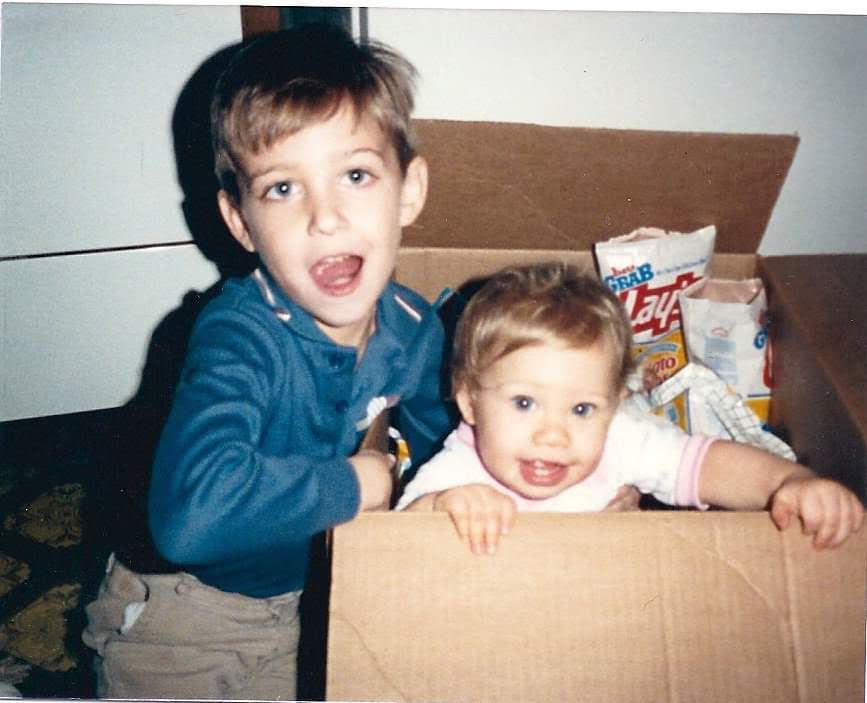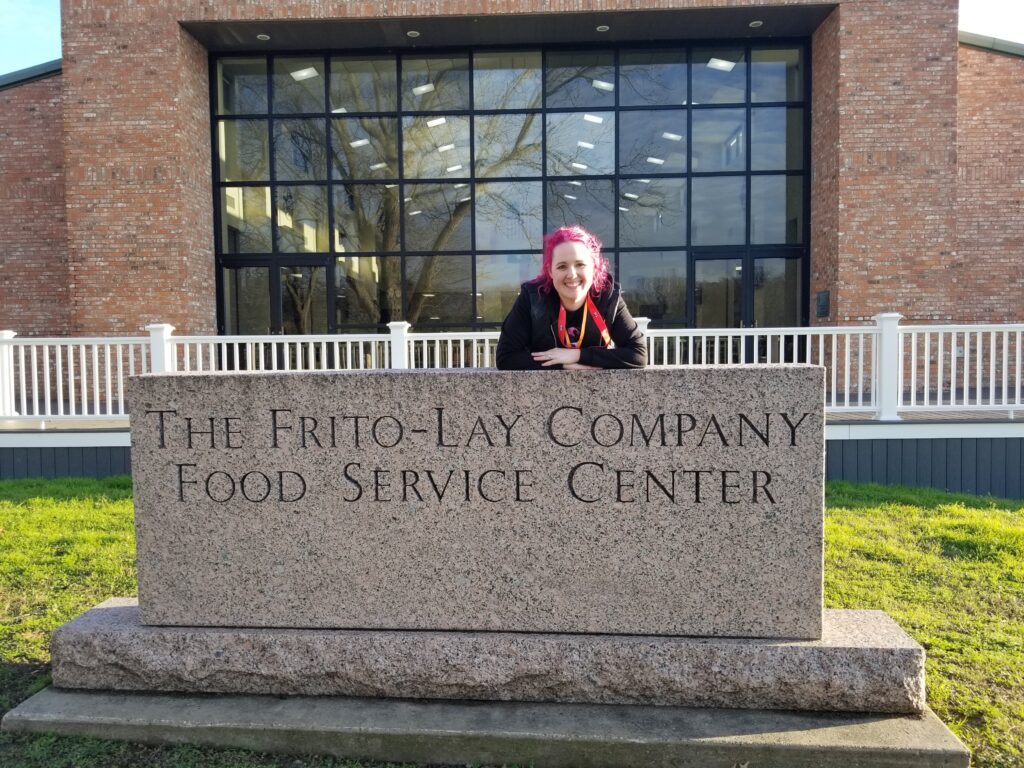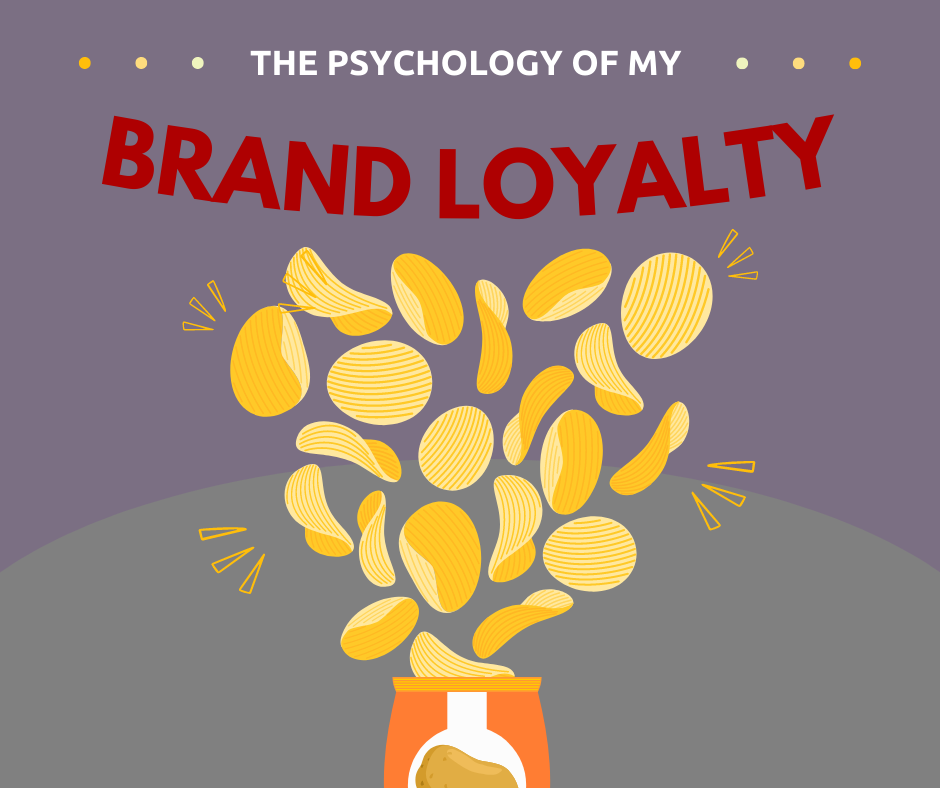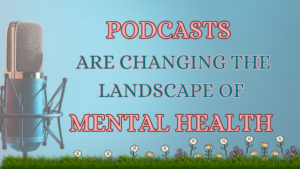When I was in 2nd grade, my class went on a field trip to a local chip company, Golden Flake. We toured the factory and watched them make potato chips. At the end of the tour, we all sat down for a snack of fresh potato chips. I was six years old, and I stubbornly refused to eat ANY Golden Flake chips. I sternly told them, “my family is a Frito Lay Family, and I only eat Frito Lay chips.”

Why Frito Lay Trucks Make Me Smile
While this may not read as adorable as it probably was in the moment, as an adult, I can imagine this tiny six-year-old with big cartoon brown eyes and soft curls standing her ground in front of teachers, students, and yes, the people that worked for and made Golden Flake chips. This is my first memory of exhibiting “brand loyalty.” I imagine most people probably don’t have a memory from early childhood that is so strongly tied to brand loyalty. This is because this brand loyalty was tied to my love of my Granddaddy Troy and my emotional connection to him and the Frito Lay truck he drove.
So, I sit here, looking at this little Frito Lay truck that I keep on my desk as a “grounding object” for my PTSD, and I smile. I smile whenever we pass a Frito Lay truck on the road. I very often will point it out to whoever is in the car with me at the time. I have been married for over 21 years, and I could not tell you how many times I have pointed out Frito Lay trucks to my husband. He must be sick of it!
What’s Love Got to Do With It?: Everything
I think about this, and I look back at my life and think about my Granddaddy Troy and why this small truck on my desk was selected as my grounding object. I think about why this childlike happiness fills my heart whenever I see a Frito Lay truck on the road.
I know that my Granddaddy Troy, who was not “technically” related to me as he was the father of my mother’s second husband, is on a very short list of people that never hurt me. He loved unconditionally. He had the most remarkable spirit about him. He loved me without asking for anything in return. He loved me even though he didn’t “have to.”
Welcome to the Club of Broken Toys
I know this blog, podcast, and website are very new. This means that most people here probably know that the loss of my Brother and mother due to mental illness/Suicide is what led me down the rabbit hole of psychological discovery, but that is not the first event that hurt me. It was just the first one that broke me. I made a comment to someone recently about being one of the “broken toys,” and they responded that we get back the energy we put out and that referring to myself or anyone else as a “broken toy” was putting a negative into the universe and a negative would be thrown back at me. I’m afraid I have to disagree with almost all of that. I agree we should put out positive energy, but I don’t see calling myself a “broken toy” as negative energy. I see it as proof of my strength and resilience.
I have a dark sense of humor (probably a classic coping mechanism, but it is still there), and I 100% own my “crazy.” People broke me. Life broke me. I was broken, and I have rebuilt, but I still carry scars with me. I do not mean this as a negative thing. The fact that I get up every day and do my best to be the best me and the best person for other people shows how strong I am.
When Your Love Map is Broken Due to Mental Illness & Trauma
Psychologist John Money introduced the medical community to the idea of a love map. This kind of sprinkles in some Freudian ideas of relationships with our parents and how it all ties to our ideal “mate.” I look at love maps the same way that I look at soulmates. You can have many different types of soulmates, most of which are not sexual or romantic connections at all. Sorry to anyone who doesn’t believe in a soul – this is strictly my personal worldview. When your soul is drawn to another soul, that makes them your soulmate. This is more like “kindred spirits” to many, but I see it as soulmates.
Romantically, my soul is connected to my husband. Cheesy, I know. That doesn’t mean we have a perfect relationship; it just means that my romantic “soulmate” is my husband. As a friend, Gigi was my “soulmate.” Gigi coined the title “Cabbage-Patch Sister” to explain how she belonged in my family (because we “picked her”). We became best friends when I was twelve years old in Mrs. Havicus’ class as we debated whether or not Dinosaurs were on Noah’s Arc. We were basically family until she passed away from cancer a few years ago. Familially, my Uncle Mike was this kindred spirit. He passed away on New Year’s Eve, 2002. I was asleep on the couch, pregnant with my son, and my Dad called my husband and said he couldn’t tell me the news. Richard told me the next day.
I only recognized these as being kindred spirits later on in life. When it came to the core of my relationships with my family through childhood and adolescence, I felt very unloved and extremely unprotected. This results from divorce and, more importantly, mental illness, trauma, and abuse.
Starving for Love When Your Love Map is Broken
As a teenager, I wanted to be loved more than anything else in the world. I didn’t feel loved or protected by my parents or really most of the people in my life. Without putting too much thought into it, there were three people that loved me and took care of me like that. None of them was a blood relation. My Granddaddy Troy, my Uncle Mike (married to my Dad’s sister Mary), and my friend Melissa’s mom, Nancy. I am not calling out other family members about possible failings, I am just saying these three adults in my life always made me feel safe, and they never abused the trust that I had in them.
My Uncle Mike was wonderful. I never felt like I “fit in” with the family, but I fit in with him. As a 16-year-old, I actually enjoyed going and staying with him and my Aunt. I would sit and read one of the many, many books they had collected over the years, and we would watch old musicals.
Melissa’s mom, Nancy, took care of me when no one else did. I was accepted as a member of their family, and I attribute the fact that I am alive today in part to her. I had a refuge, a safe place to go. Once I was old enough to decide if I wanted to go to my Dad’s on “his weekends,” I chose not to go and to stay with my friend Melissa instead. This possibly saved my life from the abuse I was subjected to from a “step-family-member.”

Granddaddy Troy and My Frito Lay Truck
I know this started about the psychology behind my overwhelming loyalty to Frito Lay. Still, I think explaining the people in my life growing up is an essential part of my “origin story.” And now we are back to Granddaddy Troy and My Frito Lay Truck. As a child, when we would go to my grandparent’s house, we would see that “Frito Lay Truck” parked in the driveway. Granddaddy Troy would let us climb in the back of the truck and walk the aisle looking at what treats there were, and we would get to pick. I only realized as an adult that he actually had to pay for these items missing from his inventory, but this small part of my childhood was magical. In a life with a lot of darkness, I cherished these moments of magic. I picture Charlie finding that coin on the ground and waiting at the candy counter with extreme excitement for his chocolate bar, then discovering the magic of the Golden Ticket. That excitement he had, even before he saw the ticket, is the excitement I felt.
So, The Psychology of Brand Loyalty: As I See It
Remember, this is NOT a research paper. This is a blog that pulls out self-analysis that I have done and converts it into text that someone may or may not read after I hit the “Publish” button.
Frito Lay is not the only company I have brand loyalty for. It is the one that I can so distinctly track back to an emotional connection. This brand is so tightly linked to one of the few magical moments of my childhood that, to this day, the only potato chips I have ever purchased that weren’t from Frito Lay are protein chips. They are more of a meal replacement with 19 grams of protein than an actual snack (so they don’t really count).
As a marketer, I think about this brand loyalty I have for Frito Lay, and I am curious how to translate that emotional connection to a brand or a company for others. How do you pull out such a strong emotional response to a brand? I know that my emotional response is really about my granddad, but it is so intertwined with Frito Lay that I still smile every time I see one of their trucks. I am sad when I look at his Frito Lay trucker cap and see the broken clasp in the back from it being worn so much. First by him, and then by me after he gave it to me.
I have noticed that I rarely have a natural closing with these personal “journal entry” types of blogs. I would not need a conclusion if I were just sitting in bed, under a blanket, or writing in a journal. With that thought in mind, I am not going to force one. This was on my mind this morning, and now, it is out there on the interwebs!
Maybe it made some of you crave Potato Chips!




